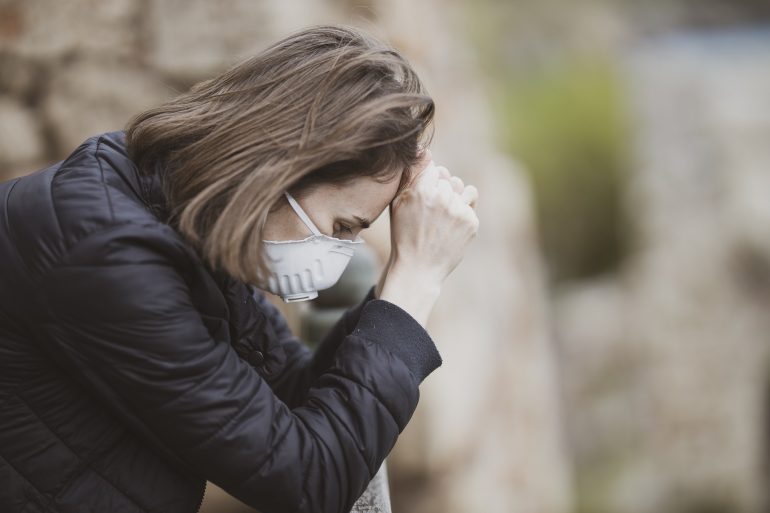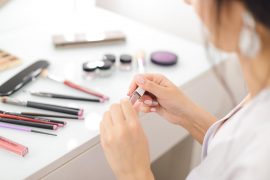The arrival of Covid-19 has changed our lives in innumerable ways. Among the most palpable of these changes have been the ones which have affected our bodies and the way that we perceive them. There’s been a marked rise in unhappy people YouGov’s regular body-image survey, which just so happened to coincide with the lockdown. And many of us are right to be concerned about our bodies. According to a recent survey, around a third of the population gained a stone and a half during the eight weeks of proper lockdown back in March and April. Many of these people might resort to drastic action – like surgical intervention in the form of liposuction or a tummy-tuck – to correct the perceived problem.
So what’s driven this change?
Boredom & Stress
With so many of us not being able to figure out what to do with ourselves, it was probably inevitable that we would find entertainment by making frequent visits to the fridge. What’s more, when we eventually got back to work, we might have found ourselves so stressed over the sheer volume of work being pumped our way, that we resorted to sugary snacks in order to beat back the anxiety.
Similarly, when you’re turning on the television every day to news of death counts and looming economic catastrophe, it’s only natural that you’d feel a little down in the dumps. Depression and weight gain tend to go together, and the effect tends to be self-reinforcing.
Gym Closures
Gyms across the country have been forced to adapt rapidly to the new economic climate. They’re installed protective screens, made sanitiser available, and taken a meticulous approach to cleaning. Despite this, many-gym goers have yet to return. Many have found alternative means of exercising in the interim, and are happy to replace their monthly membership with jogging, home calisthenics and yoga. Many are simply too worried to go back – and consequently their waistlines have suffered.
Social Media Exposure
This has been a remarkably fruitful period for the social media giants, who find their platforms being used more than ever. Platforms like the TikTok have exploded in popularity, while Facebook has seen its value soar.
In a sense, this is good news for mental health, as it provides a conduit through which we can stay in touch with one another. And yet social media has pernicious effects on the way we look at ourselves. Having a feed flooded with images of supermodels and elite athletes is unlikely to make any of us feel good by comparison. Instagram and Snapchat filters drive body dysmorphia, especially among young girls, who often seek surgery as a result.
There are ways of tackling negative, irrational thoughts about the state of your own body; these include mindfulness meditation, scheduled locks on your phone usage, and deleting your accounts altogether.





